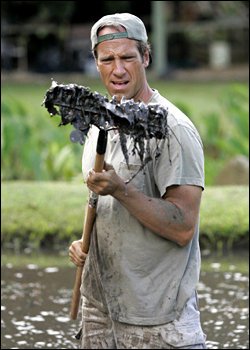
My beloved supervisor passed away. The battle with cancer was, in his wife's words, mercifully brief. His memorial service was lovely--they played The Beatles' "In My Life", one of my favorite songs and so fitting for this Liverpudlian :) I'll miss him deeply, as will everybody who knew him. But one of the last things he said to me as my supervisor was "Get on with it." So I will, and I'll dedicate it to him and try to make him proud.
We're getting ready to leave for Christmas break. I'm really looking forward to it--it's been a rough start to the PhD, and I think a trip to the States will give me some inspiration (as I'm researching American PD, after all).
My final bit of work before the break was an essay on anti-Americanism. I'll be using it as a springboard for my next essay, how anti-Americanism fits into my PD research. My main point is that anti-Americanism is the target of PD--it is what we are battling against in the "battle over hearts and minds." There are different causes of anti-Americanism, and different ways of using PD tools to fight them--so I'll go into all of that in the second essay. But the essential point I want to make is that American Fulbrighters, as cultural ambassadors, have a goal that often gets overlooked: fighting anti-Americanism. The Fulbright mission statement says they're there to promote mutual understanding--overcome stereotypes, create sympathy for the US, make our policies better understood, etc. Anti-Americanism isn't mentioned explicitly, but it's implied as the opposite of mutual understanding. It's mutual misunderstanding.
After 9/11, when we asked "why do they hate us?", some said that the fact we had to ask, the fact we weren't already aware of the offense we'd caused around the world, was reason enough to hate us.
That's why I'm fascinated by the potential of PD...That, and because Phil Taylor inspired me to work in this field.
RIP, Phil...















